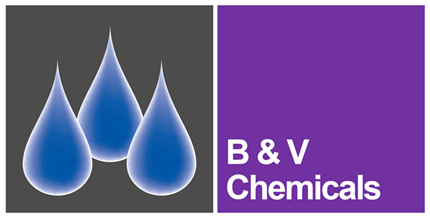- Chemical Treatments
- Water Treatment Chemicals Overview
- Antifoams & Defoamers
- Biocides
- Steam Boiler Water Treatment
- Closed System Chemicals
- Cooling Water Treatment
- Drinking Water Treatment
- Huwa-San Range – Silver Hydrogen Peroxide
- Descaling and Cleaning
- Polyamine - Film Forming Amines
- Reverse Osmosis
- Solid Chemicals
- Spa & Swimming Pool
- Ultralox 40®
- Wastewater & Effluent Treatment
- Own Label Chemicals
- Specialist Services
- Lab Analysis
- Export
- Equipment
- Blog
- About Us
- Contact Us
- Chemical Treatments
- Water Treatment Chemicals Overview
- Antifoams & Defoamers
- Biocides
- Boiler Water Treatment
- Closed Circuit Chemicals
- Cooling Water Treatment
- Drinking Water Treatment
- Huwa-San Range – Silver Hydrogen Peroxide
- Industrial Descaling & Cleaning Chemicals
- Polyamine - Film Forming Amines
- Reverse Osmosis Chemicals
- Solid Chemical Water Treatments
- Ultralox40®
- Wastewater & Effluent Treatment
- Specialist Services
- Lab Analysis
- Export
- Equipment
- Blog
- About Us


